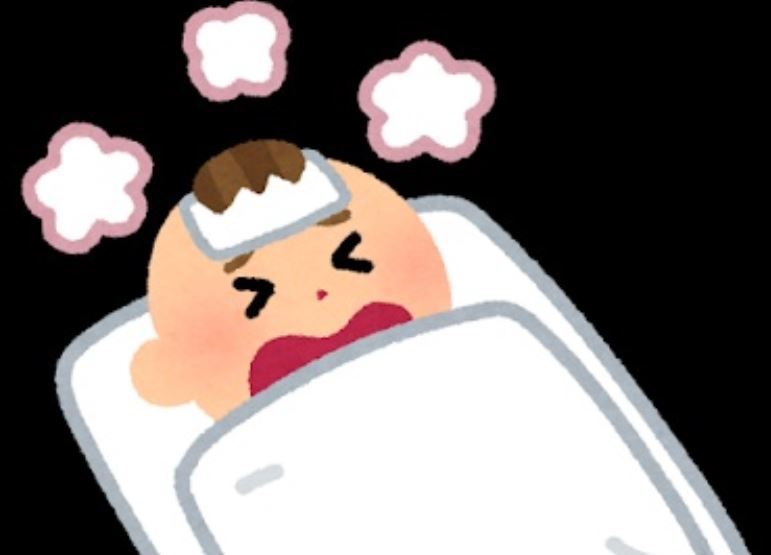
18 Sep RSV is highly contagious and a very common virus in winter, though these days, seasonal epidemics are changing.
What is the RS virus?
Respiratory syncytial virus (RSV), is a common respiratory virus that usually causes mild, cold-like symptoms. Most people recover in a week or two, but RSV can be serious, especially for infants. In fact, RSV is the most common cause of bronchiolitis (inflammation of the small airways in the lung) and pneumonia (infection of the lungs) in children younger than 1 year of age. In premature babies and children with diseases that affect the lungs, heart, or immune system, RSV infections can lead to other more serious illnesses.
RSV is highly contagious, and spreads through droplets containing the virus when someone coughs or sneezes. It also can live on surfaces (such as countertops or doorknobs) and on hands and clothing, so it can easily spread when a person touches something contaminated.
RSV can spread rapidly through schools and childcare centers. Babies often get it when older children carry the virus home from school and pass it to them. Almost all children are infected with RSV at least once by the time they’re 2 years old.
RSV infections often happen in epidemics that last from late fall through early spring. Respiratory illness caused by RSV — such as bronchiolitis or pneumonia — usually lasts about a week, but some cases may last several weeks.
Doctors usually suspect RSV by taking a medical history and doing a physical exam. RSV is identified by testing nasal secretions collected either with a cotton swab or by suction.
Preventing RSV
Because RSV can be easily spread by touching infected people or surfaces, washing hands well and often is key in stopping it. Try to wash your hands after having any contact with someone who has cold symptoms.
To prevent serious RSV-related respiratory disease, at-risk infants can get a monthly injection of a medicine with RSV antibodies during peak RSV season (roughly September to March). At-risk infants are 1)babies born prematurely(≦35week) 2)babies with Down syndrome 3)babies with immune deficiency, 4)babies with congenital heart disease, etc.
Treating RSV
Fortunately, most cases of RSV are mild and require no specific treatment from doctors. Antibiotics aren’t used because RSV is a virus and antibiotics are only effective against bacteria. Medication may sometimes be given to help open airways.
RSV infection can be more serious in babies, though. Some infants might need treatment in a hospital, where they can be watched closely and receive fluids, if needed, and treatment for any breathing problems.
At home, make a child with an RSV infection as comfortable as possible, allow time for recovery, and provide plenty of fluids.
To help your child breathe easier, keep the air moist — winter air can dry out airways and make mucus stickier. If your child is uncomfortable and too young to blow his or her own nose, use a nasal aspirator (or bulb syringe) to remove sticky nasal fluids.
Treat fever using a non-aspirin fever medicine like acetaminophen. Aspirin should not be used in children with viral illnesses — such use has been associated with Reye syndrome, a life-threatening illness.
When to See the Doctor
See the doctor if your child has any of these symptoms: high fever and doesn’t look well or a cough that gets worse or produces yellow, green, or gray mucus or signs of dehydration or trouble breathing.
In infants, besides the symptoms already mentioned, see the doctor if your baby is unusually irritable or inactive, or refuses to breastfeed or bottle-feed.
Seek immediate medical help if you feel your child is having trouble breathing or is breathing very rapidly, is lethargic, or if his or her lips or fingernails appear blue.
Saori Okubo M.D.


